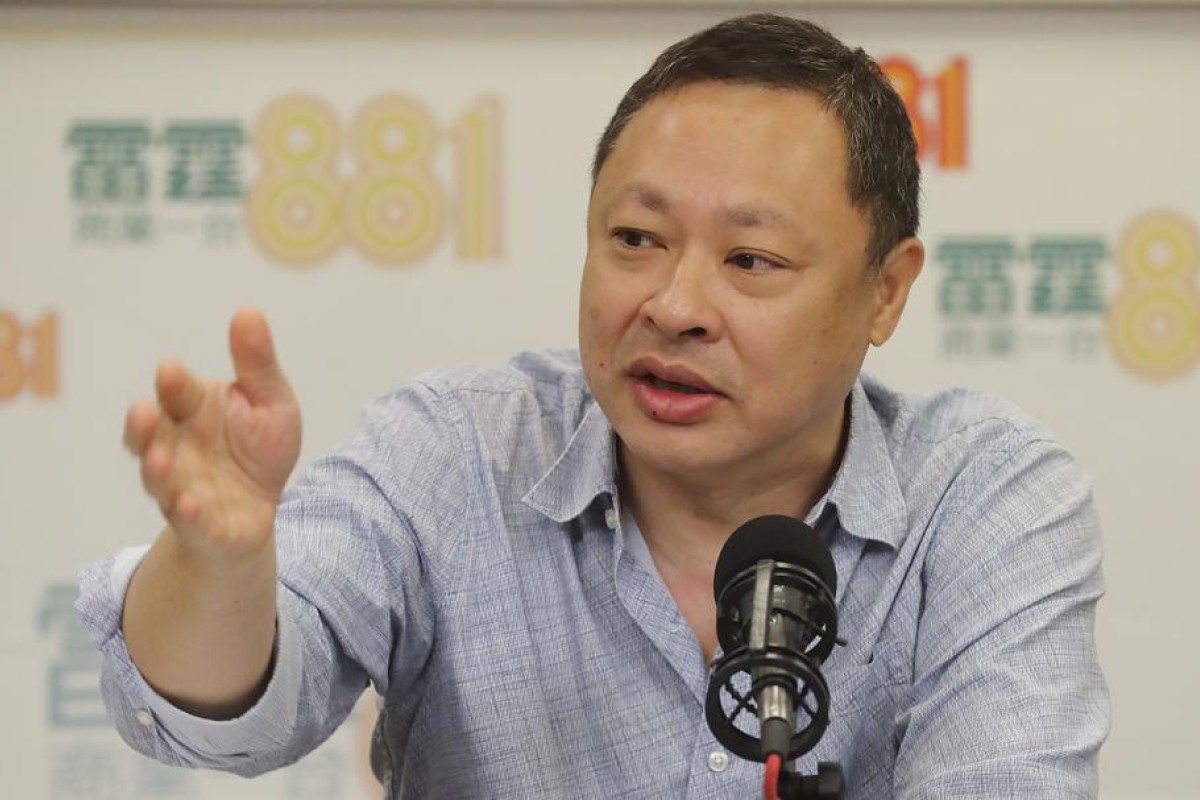
Former Occupy Central leader Benny Tai responds to criticism from government over comments about Hong Kong independence
Pro-democratic University of Hong Kong professor says Beijing is using him as an example
 Benny Tai has warned of a more extreme version of the Article 23 legislation.
Benny Tai has warned of a more extreme version of the Article 23 legislation.Former Occupy Central leader Benny Tai Yiu-ting has hit back at criticism from the government and pro-Beijing lawmakers over his suggestion that Hong Kong could “consider becoming an independent state”.
Speaking on a radio programme yesterday, Tai said the reaction showed Beijing was using him as an example to limit freedom of speech and discourage others from considering Hong Kong independence.
“It is a calculated plot against me … that any discussion on Hong Kong independence – albeit not directly endorsing [the idea] – would not be allowed in society and universities,” Tai told Commercial Radio.
Tai also warned that Beijing’s criticism was paving the way for a more extreme version of the Article 23 legislation, a national security bill that aims to ban acts of “treason, secession, sedition and subversion against the Central People’s Government”. The bill was shelved in 2003 after huge public protests and fears that it would harm freedom of expression. Tai fears that a new version of the Article 23 legislation would punish not only violent actions, but speech, too, and therefore limit freedom of speech.
This comes after Tai, speaking at a forum in Taiwan on March 24, said Hong Kong could consider independence from the mainland, or consider “being part of a federal system or a confederation system similar to that of the European Union”.
Both the Hong Kong and central governments, as well as 41 pro-Beijing lawmakers, issued statements strongly condemning Tai’s comments and stating that Hong Kong independence would violate the Basic Law.